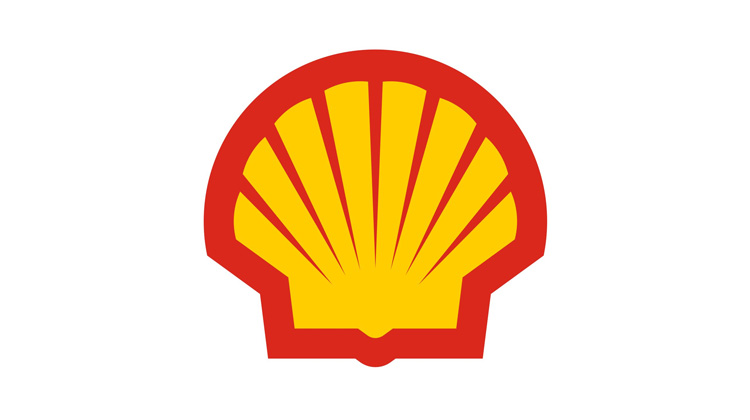Two Nigerian communities, Bille and Ogale, are set to take oil giant Shell and its Nigerian-based subsidiary, now known as Renaissance Africa Energy Company, to trial in the UK High Court in 2027 over long-standing oil pollution claims.
With a combined population of about 50,000, the Niger Delta communities accuse Shell of causing extensive environmental damage through systemic and ongoing oil spills that have polluted their land and drinking water for years. The legal action, which began in 2015, seeks compensation and a full-scale clean-up of the affected areas.
In a ruling on Friday, Mrs Justice May addressed over 20 preliminary issues after a four-week hearing held in London earlier this year. She revealed that approximately 85 oil spills have so far been identified, but emphasised that the case remains “at a very early stage.”
Shell may be held held for spills resulting from third-party interference
Crucially, the judge found that Shell could be held liable for spills resulting from third-party interference, such as pipeline vandalism and oil theft, known locally as “bunkering.” She also ruled that while legal claims typically face a five-year statute of limitations, a new legal claim arises each day oil remains on contaminated land.
The full trial is scheduled to begin in March 2027 and is expected to last four months.
Reacting to the ruling, King Bebe Okpabi, leader of the Ogale community, expressed cautious optimism. “It has been 10 years now since we started this case. We hope that now Shell will stop these shenanigans and sit down with us to sort this out. People in Ogale are dying; Shell needs to bring a remedy. We thank the judicial system of the UK for this judgment.”
Shell also responded to the judgment, maintaining its stance that it should not be held responsible for damage caused by illegal activities. A company spokesperson stated:
“For many years, the vast majority of spills in the Niger Delta have been caused by third parties acting unlawfully, such as oil thieves who drill holes in pipelines or saboteurs. This criminality is the cause of the majority of spills in the Bille and Ogale claims, and we maintain that Shell is not liable.”
The spokesperson added that the spills were managed by a joint venture, previously operated by Shell’s former subsidiary, using its “expertise in spill response and clean-up.”
The landmark case is one of the most significant environmental legal battles involving a multinational company and could set a precedent for corporate accountability in the global oil industry.



